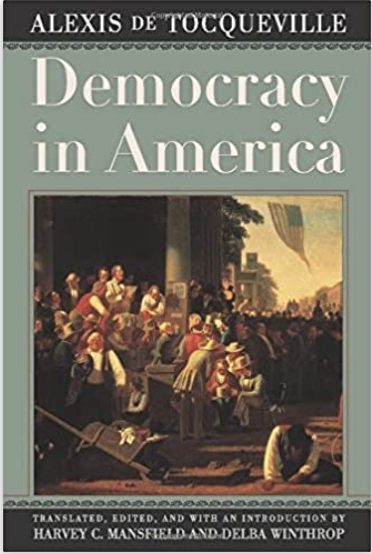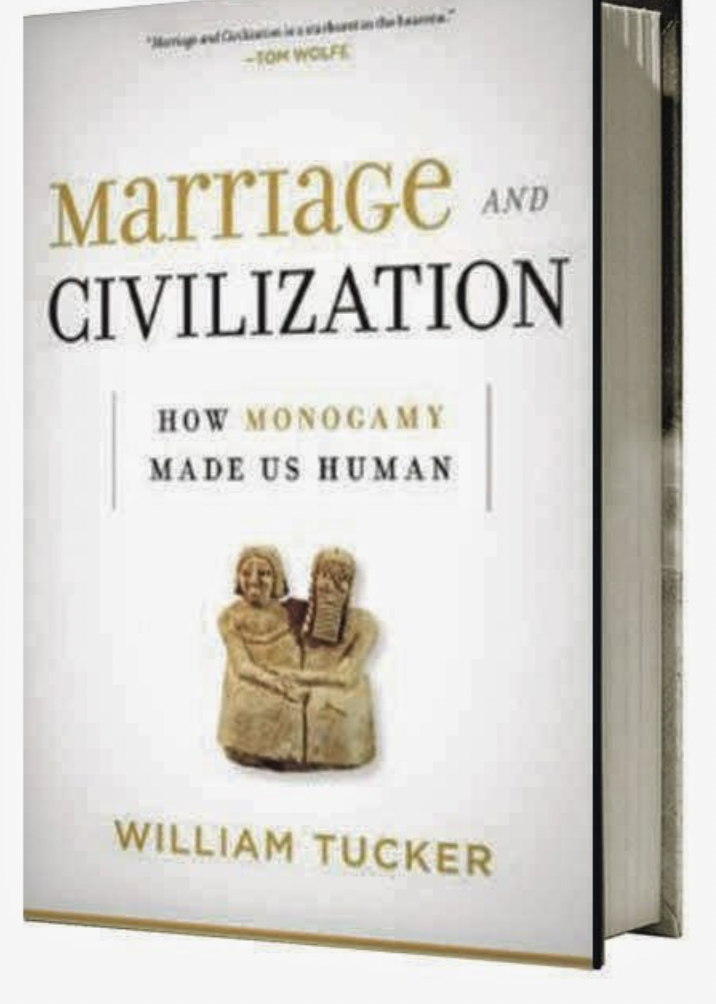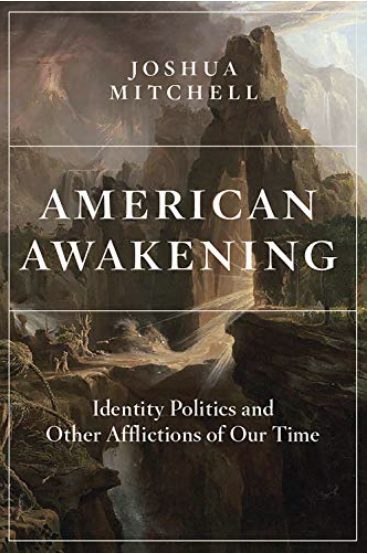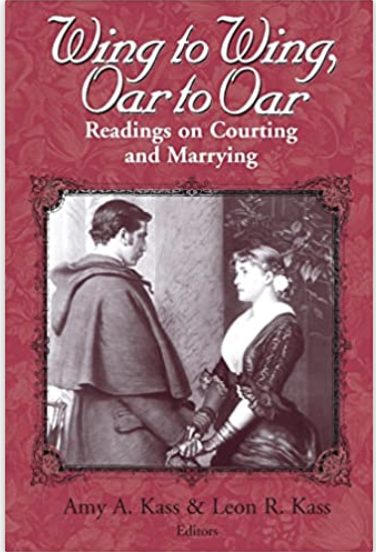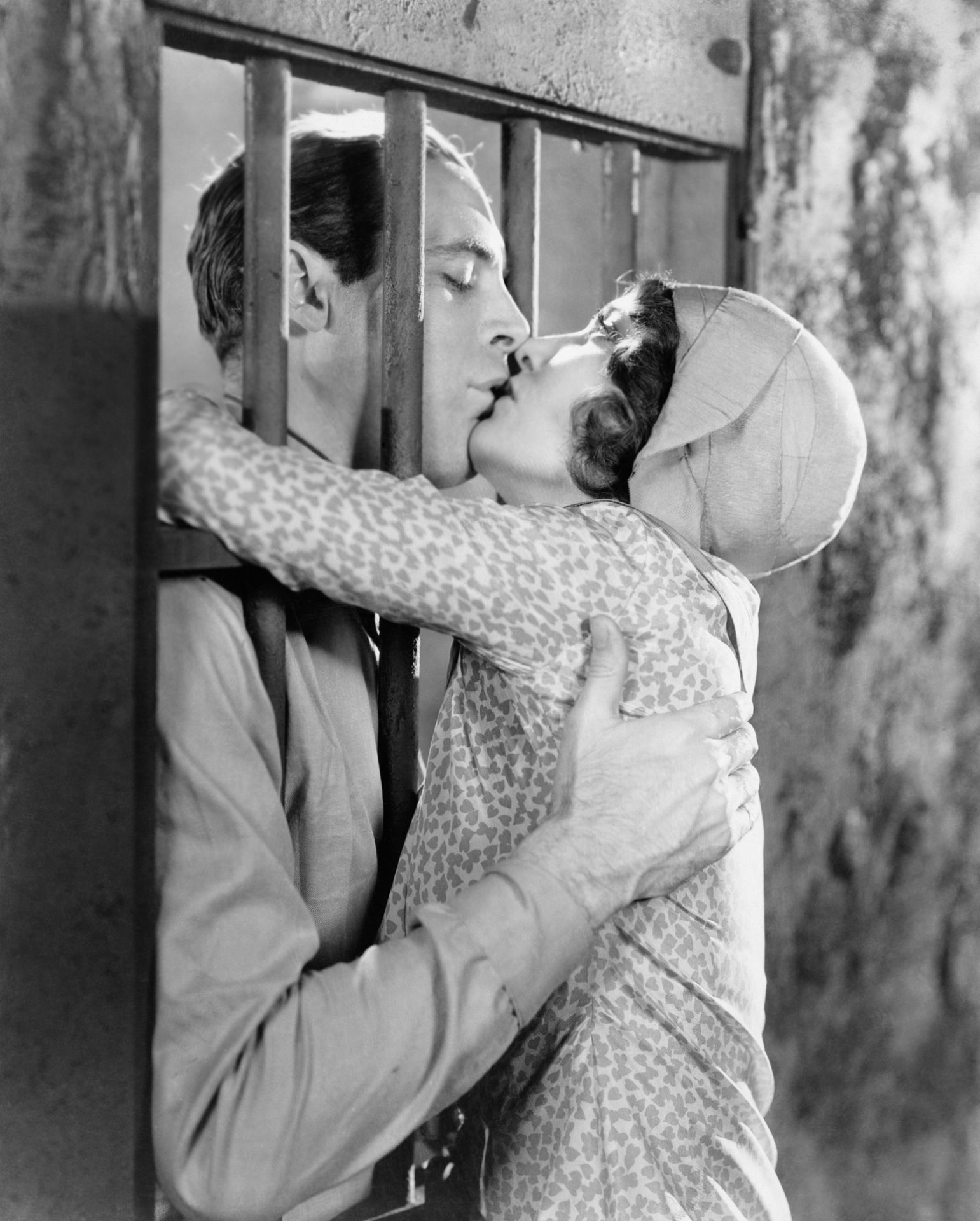Men and Women, Sin and Marriage

Wake up from this nightmare and have a good hard look—a Christian look—at who men and women really are, and at why marriage of the Christian sort is an antidote to the ugly truth about men and women that the egalitarian dream makes impossible to see. Tweet

Highlights
No more lies.
No more unmanly men.
No more ghastly women.
You cannot win a race if you do not know where the starting line is.
How is that working for you? I mean the egalitarian dream that deep down you know is a nightmare, but cannot quite figure out why.
The egalitarian dream does not bring about equality; it brings about the tyranny of women—who become ever unhappier as they become ever greater tyrants.
It makes men impotent too. Once men went to war and protected their families; now they fret about what color their hair should be this week. In Democracy in America, Alexis de Tocqueville wrote that equality gives us effeminate men and unseemly women.
Equality gives us effeminate men and unseemly women.
Bible Guy’s advice? Run! Do not look back.
Wake up from this nightmare and have a good hard look—a Christian look—at who men and women really are, and at why marriage of the Christian sort is an antidote to the ugly truth about men and women that the egalitarian dream makes impossible to see.
Enough with the Sesame Street anthropology of sharing and caring! No, Barney, everybody is not special. Men and women are a pathetic mess, each in their own way, a cesspool they stir in the hopes of finding themselves, and then—surprise, surprise—they wonder why they cannot see anything.
No more lies. No more unmanly men. No more ghastly women.
Time for a sober look at the hideous creatures that men and women are—so that we can discover what ennobles men and beautifies women.
Time for a sober look at the hideous creatures that men and women are—so that we can discover what ennobles men and beautifies women.
Ever wonder why, these days, there is neither nobility among men or real beauty among women? It is because the egalitarian dream, having ruled out the hideousness nature of men and women, arrests the nobility and beauty that can emerge only if you get the starting point right. You cannot win a race if you do not know where the starting line is.
Bible Guy axiom: if the Bible proposes a solution—like, say, marriage of a certain sort—it is because the Bible has earlier identified a problem that cries out for a solution.
Example: if the Bible tells you that Jesus is the Gospel “Good News,” it means that there was a problem that was earlier identified as bad news. The bad news, identified at the beginning of the Book of Genesis, is that through Adam and Eve’s sin, death came into the world. The Gospel Good News is that through Christ’s death and resurrection, man is saved from eternal death. Without the bad news, there is no Good News. Without the starting line, there is no finish line.
What about Christian marriage—that embarrassing patriarchal tyranny from an earlier age, in which men vow to love their wives and women vow to obey their husbands?
The future is female. Let me know how that works out, for both of you.
Egalitarians talk about love; but they are really just partners—until one equity stakeholder dissolves the marriage because of incompatibility. Obey? Out of the question. The future is female. Let me know how that works out, for both of you.
Christian marriage is a solution to a problem identified earlier in the Bible, at the very beginning of the Bible, in fact, in Genesis, Chapter 3. Adam and Eve are placed in the garden of Eden. All they have to do is know their place, and be good stewards. It is not such a bad place, really, there at the apex of the created world.
Instead of kicking back and living the Eden-life, the First-Couple decide they would rather be like God. They eat the apple of temptation, and God kicks them out of the garden for their sin. Over-reach has consequences for the BIG GUY.
What are those consequences?
Each is punished in a very particular way, which helps us understand why Christian marriage is formulated the way it is:
The curse God lays on Adam is that he has to till the soil and struggle to get the good things he needs from it—that scarcity problem, you know.
The curse God lays on Eve is that her “desire will be for her husband”—she will, in other words, try to control men, even if she doesn’t know that is what she is doing.
The Christian marriage vows in Paul’s Letter to the Ephesians (5:22-33) acknowledge the curse of both Adam and Eve, and then speaks to each of them where they are weakest, while at the same time ennobling them both.
Eve is told to obey her husband because, well, she is always trying to control him, and she needs to stop.
Adam is told to love Eve because, well, he is way too focused on trying to extract good things from the world—and he probably looking around for other Eves to make his toil a bit more pleasurable. Bad Adam! Marry Eve. Every time that itch to conquer the world or have bit of fun cries out for a scratch, stop. You do not need to scratch the itch; you need Eve who, if you love her, will make the itch go away.
Eve is told to obey her husband because, well, she is always trying to control him, and she needs to stop. Bad Eve! Marry Adam. Every time that itch to control your husband cries out for a scratch, obey your Adam. Trust him. Respect him. You do not need to scratch your itch; you need Adam who, if you obey him, will make the itch go away.
Such a formula served us well for 2,000 years. The past 60–which rebelled against this prescription in favor of another—has not proved an advancement for either sex, their children, or society.
Half of marriages fail. Now you know why. You also know how one can succeed. The choice is yours.
Best, Bible Guy

